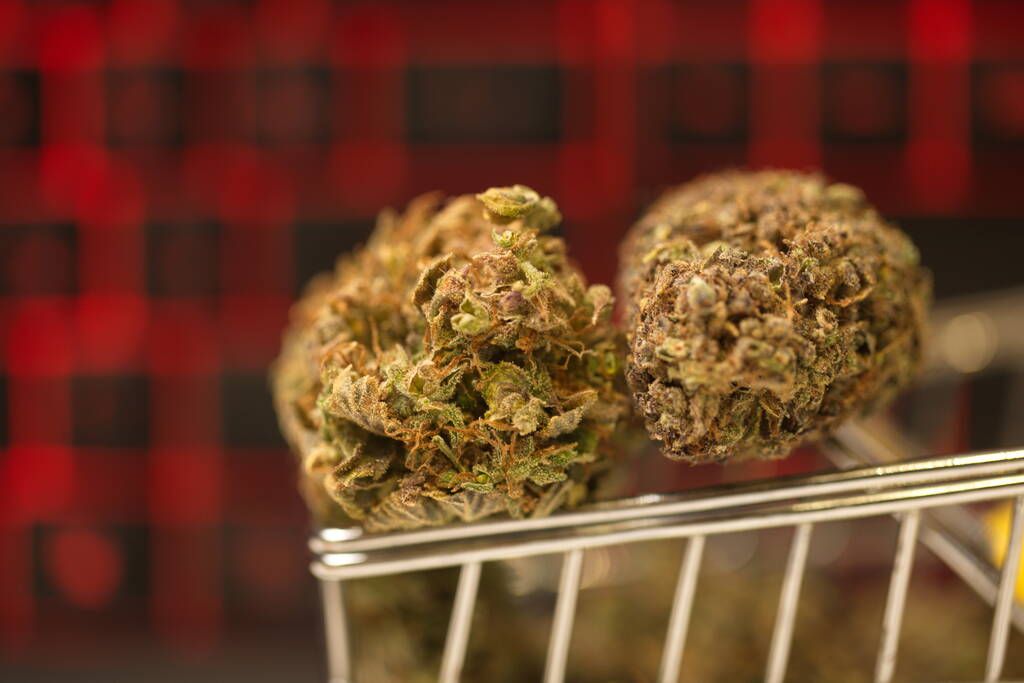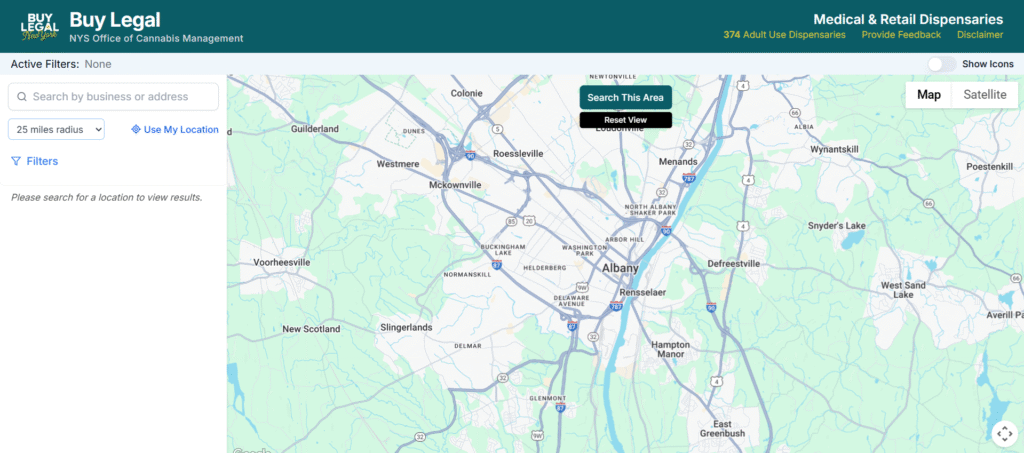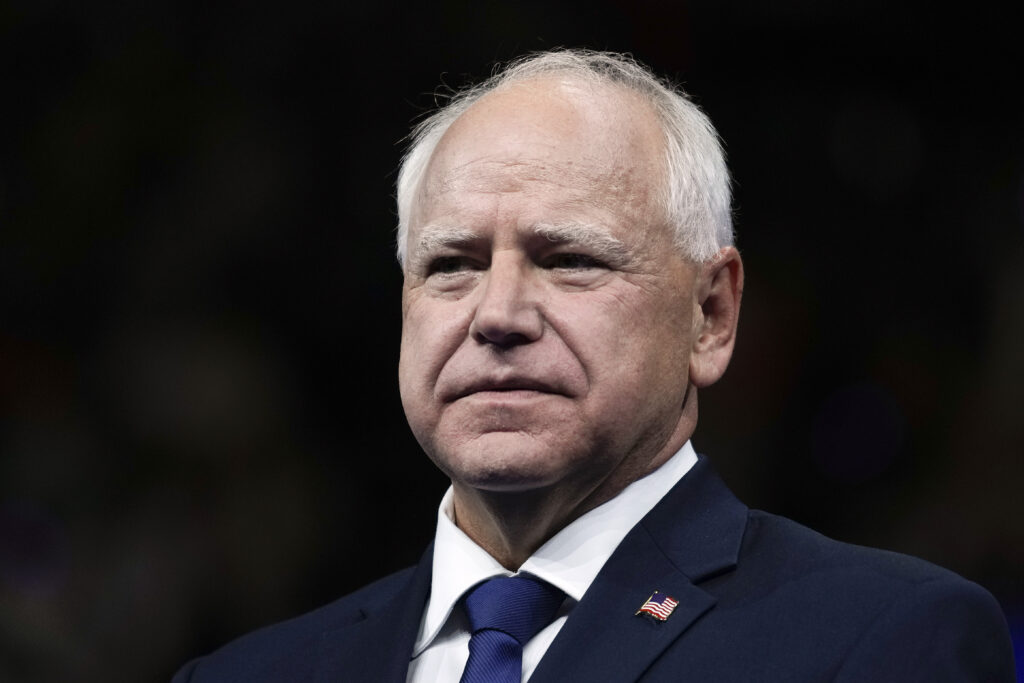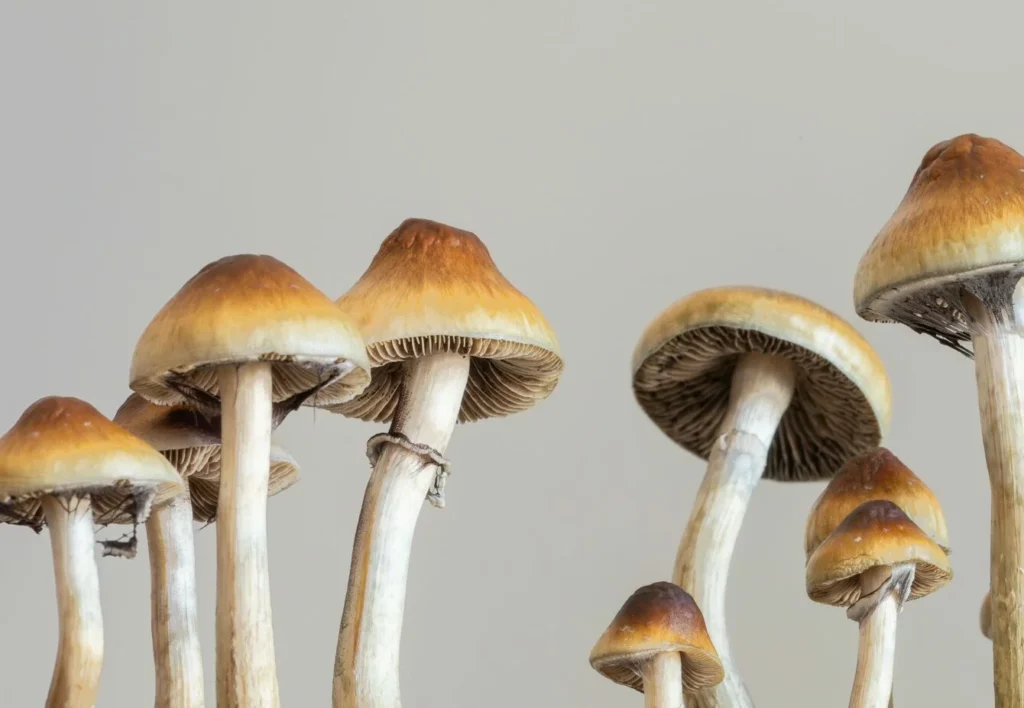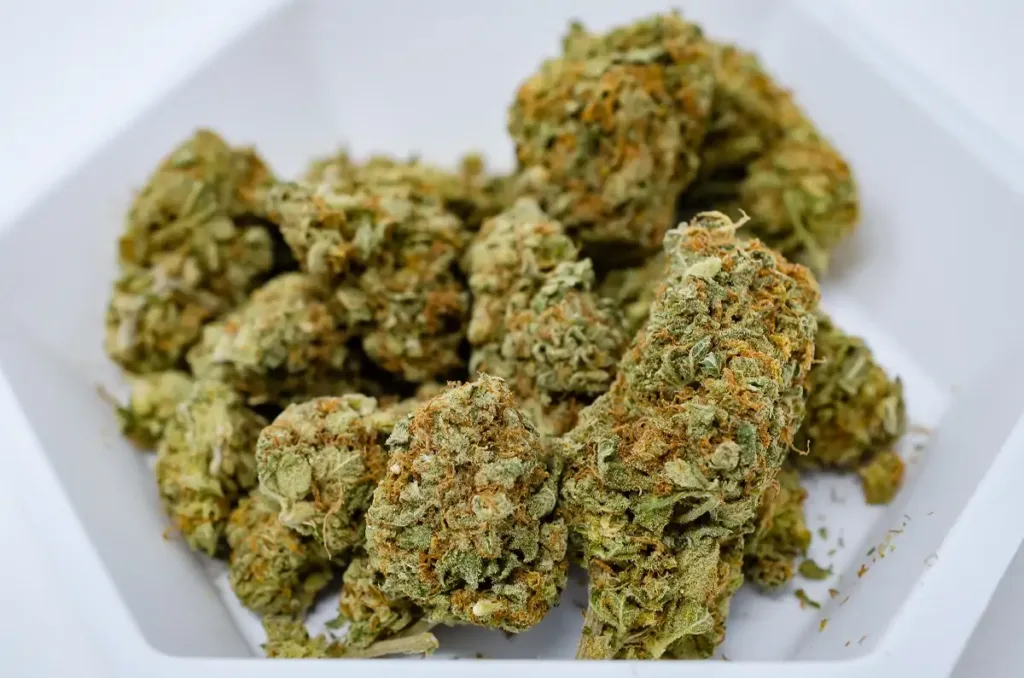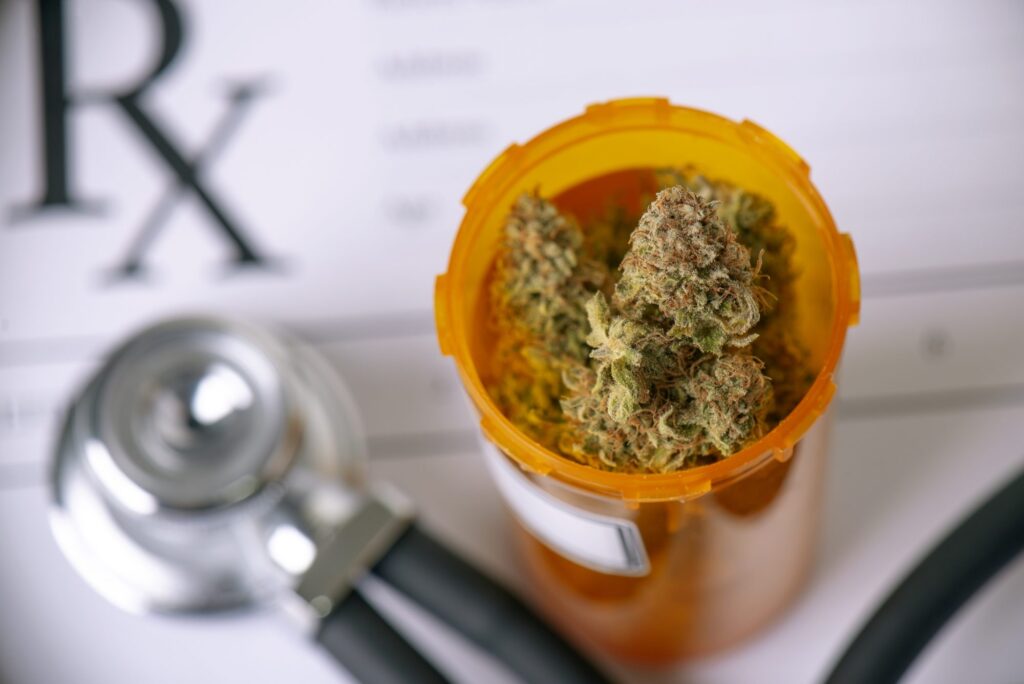The U.S. Senate Judiciary Committee has voted 12 to 10 to advance the nomination of Terrance Cole as the next administrator of the Drug Enforcement Administration (DEA), approving a nominee who has pledged to prioritize the agency’s ongoing review of marijuana’s federal status.
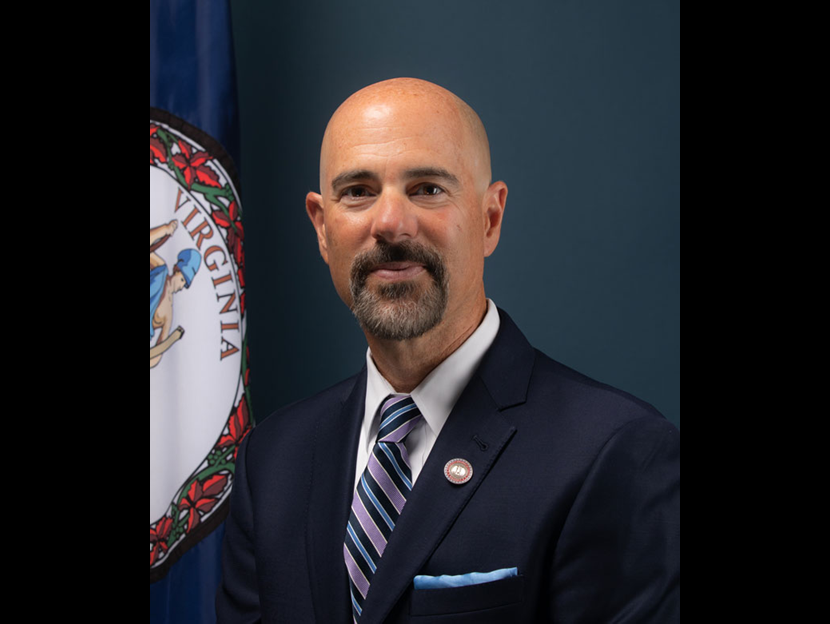
Cole, a former high-ranking DEA official with more than two decades of experience at the agency, was nominated by President Donald Trump earlier this year. His approval through committee comes as the DEA weighs whether to reschedule marijuana from a Schedule I to a Schedule III substance under the Controlled Substances Act. The full Senate is expected to vote on Cole’s confirmation as soon as early June.
Speaking during his confirmation hearing, Cole told members of the Senate Judiciary Committee that the rescheduling review would be “one of my first priorities” once in office. Responding to a question from Senator Alex Padilla, a California Democrat, Cole said, “I know the process has been delayed numerous times, and it’s time to move forward.”
Continue reading


